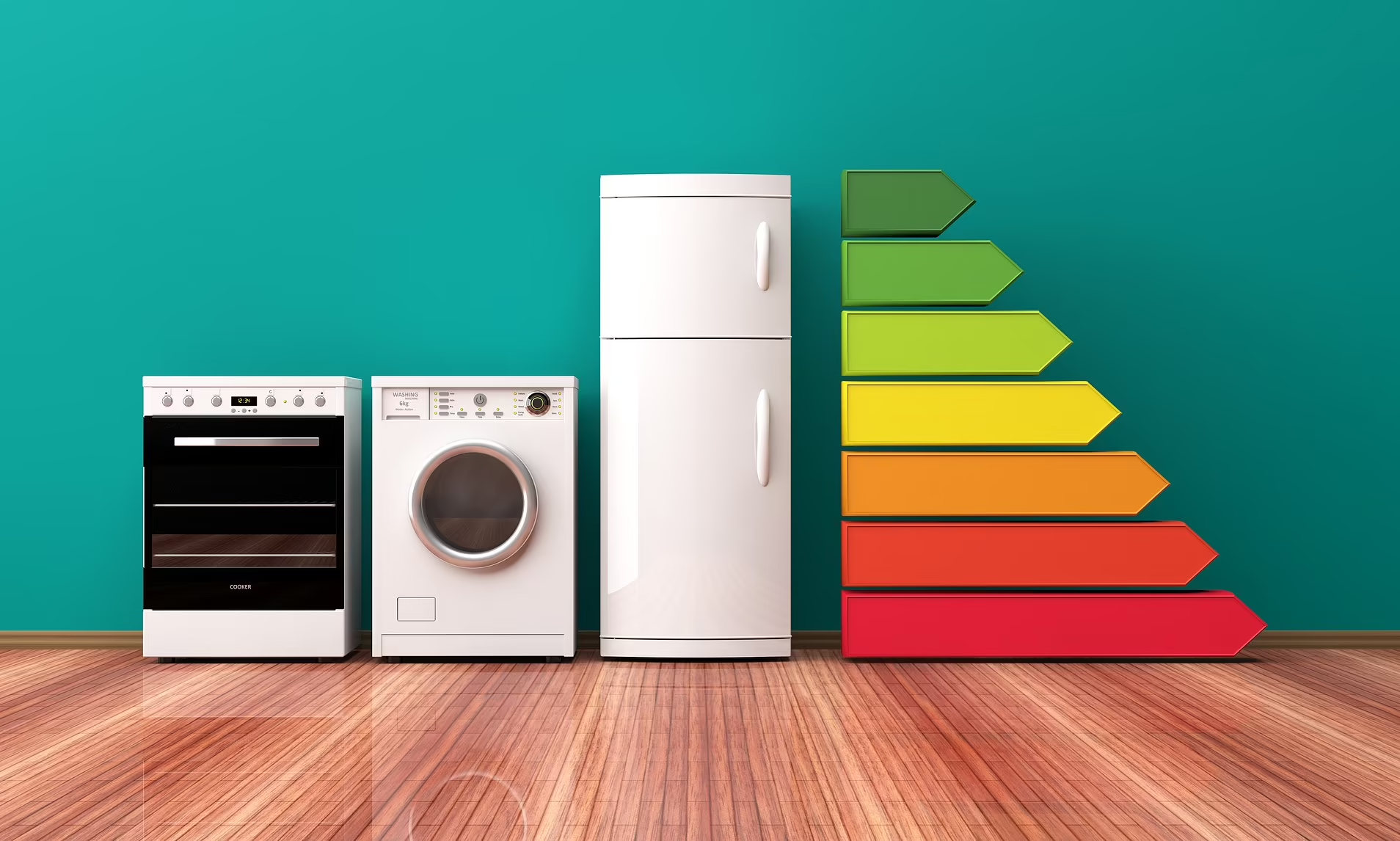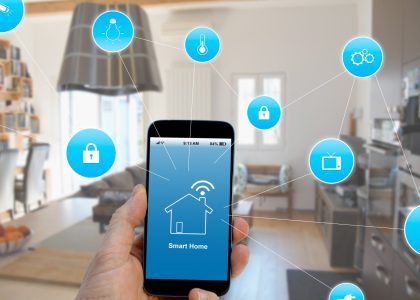In an era marked by growing environmental awareness and the urgent need to address climate change, energy efficiency has become a key consideration for consumers, businesses, and policymakers alike. As we strive to reduce our carbon footprint and transition to more sustainable lifestyles, the role of energy-efficient appliances has never been more crucial. In this blog, we’ll explore the importance of energy efficiency in appliances, innovative technologies driving sustainability, and practical solutions for promoting a greener future.
Understanding Energy Efficiency
Energy efficiency refers to the ability of appliances and devices to perform their intended functions while consuming minimal energy. In simple terms, it’s about getting the most out of every unit of energy used. Energy-efficient appliances are designed to optimize performance, minimize waste, and reduce operating costs, ultimately benefiting both consumers and the environment.
The Importance of Energy Efficiency
Energy efficiency offers a host of benefits, ranging from environmental conservation to economic savings and improved quality of life. Here are some reasons why energy efficiency in appliances is essential:
- Environmental Impact: Energy-efficient appliances consume less electricity, which translates to reduced greenhouse gas emissions and environmental pollution. By minimizing energy consumption, we can mitigate the harmful effects of climate change and preserve natural resources for future generations.
- Cost Savings: Energy-efficient appliances are more economical to operate than their conventional counterparts, leading to lower utility bills for consumers. While energy-efficient models may have a higher upfront cost, the long-term savings on energy bills often outweigh the initial investment.
- Resource Conservation: Energy efficiency reduces the demand for fossil fuels, water, and other finite resources used in energy production. By conserving these resources, we can minimize environmental degradation, protect ecosystems, and promote sustainable development.
- Improved Comfort and Health: Energy-efficient appliances are designed to deliver optimal performance while minimizing waste heat and noise emissions. This can result in a more comfortable and healthy indoor environment for occupants, with benefits such as improved air quality and temperature regulation.
Innovations Driving Energy Efficiency
Advancements in technology have paved the way for innovative solutions to enhance energy efficiency in appliances. Here are some key innovations driving sustainability:
- Energy-Efficient Motors and Compressors: In appliances such as refrigerators, washing machines, and air conditioners, the use of energy-efficient motors and compressors can significantly reduce energy consumption while maintaining performance standards.
- Smart Sensors and Controls: Smart sensors and control systems enable appliances to optimize energy usage based on real-time data and user preferences. For example, smart thermostats can adjust temperature settings automatically to minimize energy waste while ensuring comfort.
- High-Efficiency Heating and Cooling Systems: Heating, ventilation, and air conditioning (HVAC) systems equipped with high-efficiency components and advanced heat pump technology can deliver superior comfort and energy savings compared to conventional systems.
- LED Lighting Technology: Light-emitting diode (LED) lighting technology offers superior energy efficiency and longevity compared to traditional incandescent and fluorescent bulbs. LED lights consume less energy, produce less heat, and last longer, making them an eco-friendly lighting solution for homes and businesses.
- Energy Star Certification: The Energy Star program, administered by the U.S. Environmental Protection Agency (EPA), certifies appliances and electronics that meet strict energy efficiency criteria. Energy Star-certified products are independently verified to deliver superior energy performance and cost savings.
Practical Solutions for Promoting Energy Efficiency
Promoting energy efficiency in appliances requires a multifaceted approach involving government policies, industry standards, consumer education, and technological innovation. Here are some practical solutions for advancing energy efficiency:
- Government Incentives and Regulations: Governments can incentivize energy efficiency through tax credits, rebates, and subsidies for the purchase of energy-efficient appliances. Additionally, mandatory energy efficiency standards and labeling requirements can drive market transformation and encourage manufacturers to produce more sustainable products.
- Consumer Education and Awareness: Educating consumers about the benefits of energy efficiency and providing information on energy-efficient appliances can empower them to make informed purchasing decisions. Consumer awareness campaigns, energy audits, and online resources can help raise awareness and promote sustainable lifestyles.
- Industry Collaboration and Innovation: Collaboration among industry stakeholders, including manufacturers, retailers, utilities, and environmental organizations, is essential for driving innovation and promoting energy efficiency. Industry initiatives such as voluntary efficiency standards, research and development partnerships, and product labeling programs can accelerate the adoption of sustainable technologies.
- Building Codes and Standards: Incorporating energy efficiency requirements into building codes and standards can help ensure that new construction and renovations prioritize sustainability. Energy-efficient building practices, such as proper insulation, efficient HVAC systems, and high-performance windows, can significantly reduce energy consumption and greenhouse gas emissions.
- Lifestyle Changes and Behavioral Shifts: Encouraging energy-saving behaviors and promoting sustainable lifestyle choices can complement technological solutions and amplify energy efficiency efforts. Simple actions such as turning off lights when not in use, unplugging electronics, and using appliances during off-peak hours can make a meaningful difference in energy consumption.
Conclusion
Energy efficiency in appliances is a cornerstone of sustainable living and environmental stewardship. By investing in energy-efficient technologies, promoting consumer awareness, and implementing supportive policies and initiatives, we can reduce energy consumption, lower greenhouse gas emissions, and create a more sustainable future for generations to come. Whether it’s upgrading to Energy Star-certified appliances, adopting smart home technologies, or practicing energy-saving behaviors, each of us has a role to play in advancing energy efficiency and building a cleaner, greener world.






